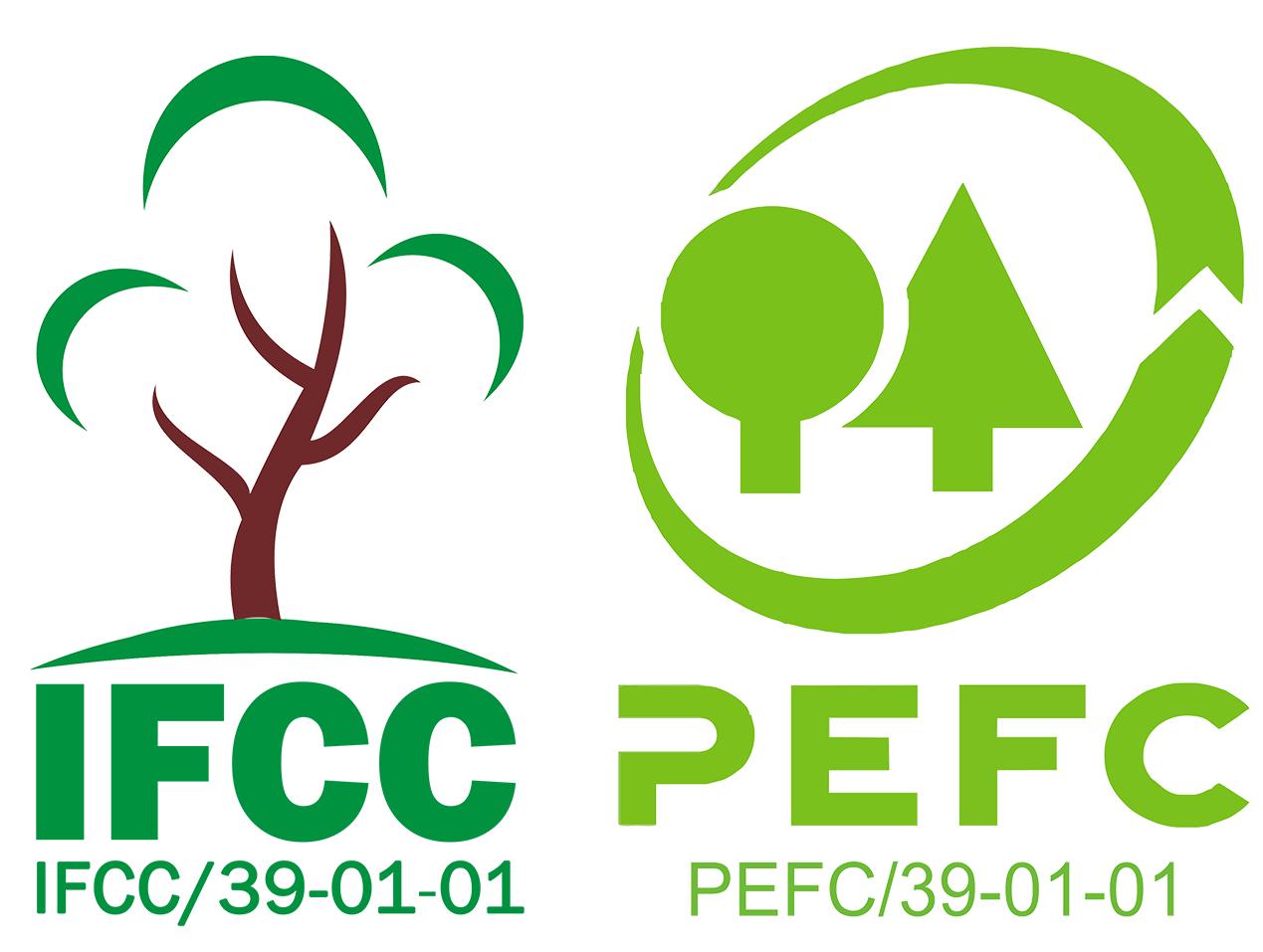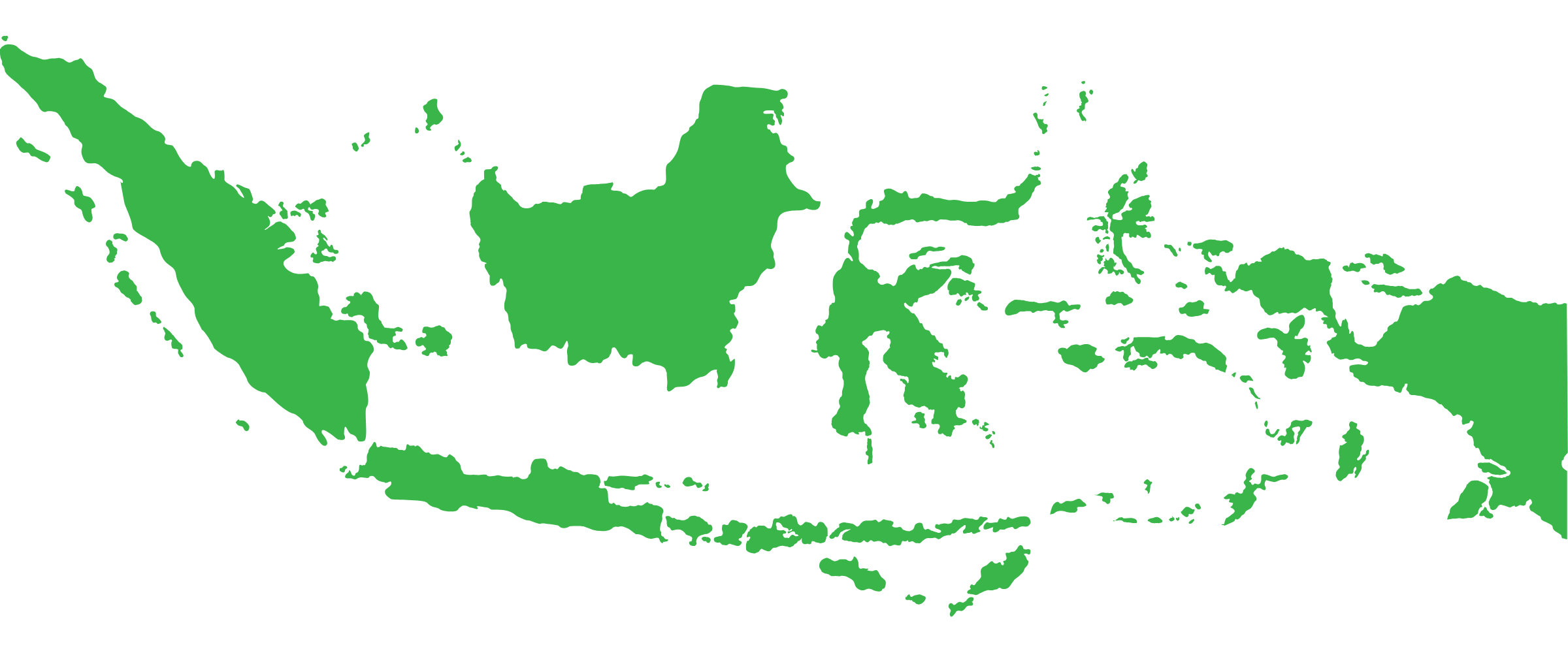The Programme for the Endorsement of Forest Certification (PEFC) held its annual PEFC Forest Certification Week meeting in Bali, Indonesia themed ‘Sustainable Landscapes for Sustainable Livelihoods’, which saw a very positive 21st PEFC General Assembly for members, a series of workshops and two days of Stakeholder Dialogue open to all. The good news for the future of PEFC in Asia was the unanimous adoption of three more countries, including Thailand, bringing the number of National Governing Bodies to 46. The event was co-hosted by the Indonesian Forestry Certification Cooperation (IFCC).
|
Ben Gunneberg (centre) with Thai delegation after election (Source: Turnstone Singapore) |
Speaking at the PEFC General Assembly, PEFC Secretary General and CEO Ben Gunneberg said “This year saw our members smash through past records for growing PEFC-certified hectares. In Australia alone, more than 16 million hectares of forest became PEFC-certified – an achievement that won the Australian Forestry Standard (AFS) the top prize for growth during our PEFC award ceremony. What is really interesting is their motivation to gain PEFC certification – to demonstrate responsible land management to society, not simply the ability to produce certified wood for the market. This shows the great flexibility and multi-faceted nature of the PEFC system to be able to deliver such outcomes.”
Launching the keynote session titled ‘Sustainable Forests, Agriculture and Food Security’, at the PEFC Stakeholder Dialogue, Dr Terry Sunderland of the Center for International Forestry Research (CIFOR) explained how the landscape approach can provide integrated solutions for people across sectors. “Going beyond the more well-known contributions of forests to the planet, our research is recognizing the role of forests as repositories of food and contributors of food security in rural areas. Moreover, there is growing evidence on how forests are contributing services that actually sustain and promote agricultural systems,” he concluded, underscoring some of the many complex interactions occurring in diverse forest-based landscapes all over the world.
Dr Sadanandan Nambiar (formerly CSIRO) then gave a very clear plea for all actors to stop complicating things and to focus on a shared goal: “recognizing the sheer significance and importance of wood for rural economic growth and climate change mitigation. Only by creating rural economic growth can we combat poverty- one of the most wicked and persistent problems of our time.”
PEFC certified forests now at 300 million hectares
The PEFC alliance itself continues to grow well, and with the member’s unanimous vote to accept Romania, Macedonia and
|
|
|
IFCC’s Chairman Dr Ir. Dradjad Hari Wibono (Source: Turnstone Singapore) |
Thailand to the PEFC membership, the number of countries has now grown to 46. Thanking PEFC for their support, Pimjai Leeissaranukul from the Federation of Thai Industries, highlighted the importance of the PEFC system in enabling them to develop their own national system: “the key to sustainable forest management in Thailand is to have a standard that takes into account the trees outside forests.” By working through national systems, PEFC will enable them to do this. Alongside new members, there were also delegations from Cambodia, Nepal, Philippines and Vietnam present at the General Assembly, many of which emphasized their determination of join the PEFC alliance in the near future.
PEFC, the world’s largest forest certification system, now covers more than 300 million hectares (741 million acres) of certified forest, representing 60% of all certified acreage, 11 million ha of which are in Asia. Indonesia already has 1.8 million ha of certified forests. Domestic markets are now also starting to take advantage of Indonesian certified forests; with printing companies such as Gramedia and publications like Air Asia Inflight Magazine using IFCC/PEFC certified material and labels. In expressing pride for Indonesia as the host of the Bali meeting, IFCC’s Chairman Dr Ir. Dradjad Hari Wibono called on consumers to choose packaging that is IFCC/PEFC labelled.
Peter Latham – elected Chairman of PEFC International
Chain of Custody grows
|
(Source: Turnstone Singapore) |
At the General Assembly, Peter Latham, was elected as Chairman of the PEFC International Board. He is Chairman of one of Britain’s oldest timber companies and a former Chairman of the Forests Forever Committee of the Timber Trade Federation and member of the Council of Commonwealth Forestry Association. On his election he stated that the priority now is to complete the revision of the PEFC Standards, which is still work in progress.
In his ‘state of the union’ address, Secretary General Ben Gunneberg said “we need to grow PEFC Chain of Custody as a key task”. PEFC also awarded the top three members to grow their Chain of Custody certificates - PEFC Germany, PEFC Spain and China Forest Certification Council (CFCC).
Chain of Custody has become an increasingly hot issue for PEFC. Only at the end of the chain is the value of forests and all its elements achieved, then funding all the activities along its route. In a CoC breakout session at the Stakeholder Dialogue, a panel discussion was moderated by Michael Buckley, wood industry consultant from Singapore. Christian Kämmer, PEFC International, started by explaining that a new technical tool is under development by PEFC which will assist companies applying for CoC. Second speaker was Michael Hermens of APP Timber, whose global trading company is PEFC CoC certified and who predicted that Indonesia and Vietnam are the two countries in Asia, outside China, to watch for in the future. APP Timber will shortly be opening its Wood Distribution & Training Centre in Semarang in Central Java, Indonesia. Finally Benediktus Yudi Setiawan, Vice General Manager, Gramedia Cikarang Printing, discussed his experience in attaining PEFC CoC for Indonesia’s leading magazine and brochure printing company. Summing up, moderator Mr Buckley said that one fact had become very clear throughout the session – that management commitment is a key element of the process in applying for and achieving CoC certification.
Recognizing the contribution of forests to society
The Stakeholder Dialogue brought together over 200 participants to reflect, assess and consider how to scale up the contributions from the forest sector and certification to deliver sustainable landscapes and livelihoods. The two-day program covered a range of topics related to landscapes and livelihoods theme, from community forestry and supporting smallholders, to examining innovation & technology, to growing market demand for sustainable wood.
A press conference for Indonesian and southeast Asian-based journalists was addressed by PEFC and IFCC’s Chairman Dr Ir. Dradjad Hari Wibono, intended for 30 minutes but lasting over an hour. This was characteristic of the entire week in which dialogue and interaction played a huge part. In the light of Indonesia’s landmark agreement with the European Union there was much discussion about the difference of SVLK timber export licencing and timber certification – the former being about legality of harvesting and the other quite separately about the sustainability of forests. In this regard, Ben Gunneberg pointed out that there are now 36 public/government procurement policies in place around the world demanding evidence of sustainability for forest products, for which certification generally receives a green light as delivering evidence of sustainability.
This was also a busy week for the Center for International Forestry Research (CIFOR), which was simultaneously hosting the Global Landscapes Forum at the UNFCCC COP 22 in Marrakech. In addition to fostering exchange of findings from the parallel events in Bali and Marrakech, CIFOR also convened a media workshop in Bali to educate journalists belonging to the Society of Indonesian Environmental Journalists (SIEJ) on issues relating to forests such as certification. The journalists were then active in reporting out from PEFC’s event.
“Shared values and shared ownership is our brand”
Sponsors for the PEFC Stakeholder Dialogue in Bali included APP, APRIL, CIFOR, IDH-Sustainable Trade Initiative and the World Resources Institute (WRI). Partner-run side events were held by the Malaysian Timber Certification Council (MTCC), WRI, CIFOR and the co-sponsor for the week, the Indonesian Forestry Certification Cooperation (IFCC). In the final plenary session Sheam Satkuru-Granzella suggested there is a need for marketing, increased visibility and promotion of wood products; and that PEFC should focus on its strength where “…shared values and shared ownership is our brand” she concluded.
|
Malaysian Delegation at PEFC Week in Bali, Indonesia (Source: Turnstone Singapore) |
Closing the event Ben Gunneberg said “Our federated structure makes it possible for us to embrace innovative approaches and the curiosity to learn from others so that we can start seeking solutions to the diverse range of challenges we explored over the last week. As in the past, PEFC is uniquely placed as a multi-stakeholder organisation to initiate innovative and inclusive solutions to regional and landscape challenges. We look forward to working with partners throughout the Asia region to achieve lasting solutions which will ensure sustainable livelihoods are maintained and enhanced in sustainable landscapes for the benefit of society as a whole. This alchemy can only be achieved by us all working together in a spirit of co-operation.”
The next PEFC International Week and 22nd General Assembly will be held in Helsinki, Finland from 13-17 November 2017.
Sumber berita: hout.fordaq.com







